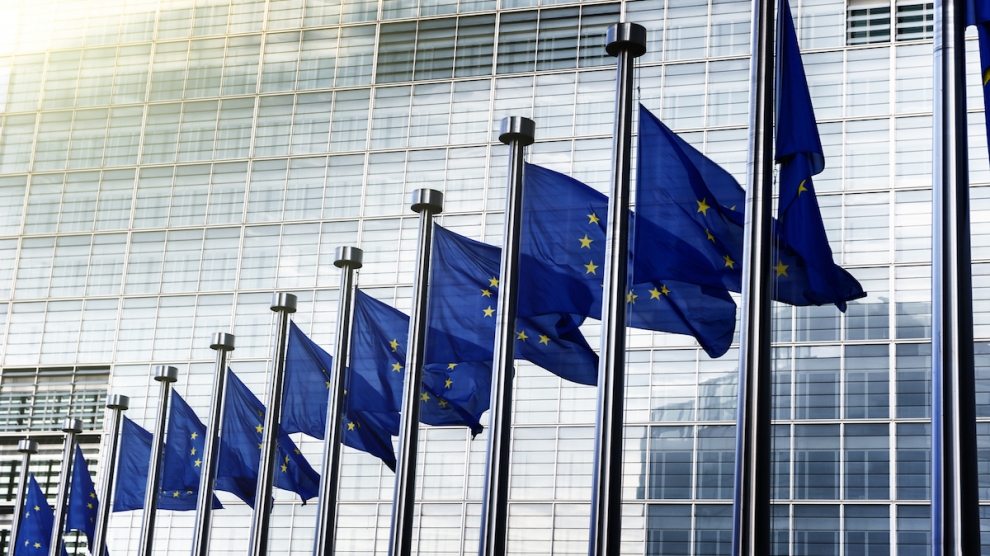The European Union is commonly described as an economic giant, but a political dwarf. Recent phenomena, such as the mass immigration into Europe, its anaemic economic growth and terrorist attacks – alongside the resulting radicalisation of the European political scene – may bring about the disintegration of the EU, making it a dwarf in the economic dimension as well as political.
The EU’s disintegration is more likely than ever, now. The first indications of this might have been noticed several years ago, with the global financial crisis, from which Europe has still not been able to recover entirely. This crisis revealed structural divergences between countries that share a common currency, such as Germany and Greece, and it brought the latter to the brink of default after years of generous social spending and budget constraints.
The ties between European countries have loosened further over the last two years, as mass immigration into Europe has shown some European leaders’ views on the issue to be completely different to the views of others. Populist parties have tried to build political capital based on the fear of mass immigration, while the EU was unable to take effective measures to solve the problem. In these circumstances, different countries have started to implement their own pseudo-solutions, which could lead to a possible break-up of the European project.
Hungary decided to build razor-wire fences along its border with another EU member, Croatia. Austria plans to restore border controls on its border with Italy, which will separate the German-speaking community of South Tyrol from Austria. The French National Front, led by Marine Le Pen, is threatening “Frexit” “if the European Union doesn’t give France back monetary, legislative, territorial and budget sovereignty”, while the British will vote on their EU future in June.
According to the World Economic Forum’s Global Risks Report 2016, published during the Davos Forum in January, all of these events could bring about a disintegration process not only in Schengen, but also in the Eurozone or “even the Single Market”. It will surely be hard to contain, and not only will it be detrimental to the EU’s citizens, but it will be felt all around the globe. In other words, and as the WEF report states, “while still unlikely to happen, such a process could hardly be expected to be harmonious and peaceful”.
Firstly it will affect the European economy, with the reappearance of trade barriers and could possibly result in the reduction of the funds used to support the less wealthy EU countries. At the same time common sense may suggest an intensification of trade and a stimulation of the potential of the emerging Europe are the proper measures to be implemented.
However, in order to be globally competitive in the future or at least to maintain the current level of economic competitiveness, the EU needs to effect fundamental reforms of its institutions and the decision-making scheme, as a starting point. Reducing the amount of red tape and introducing more free market thinking and democracy into its structure may help avoid the dangers of becoming an economic dwarf.
The Executive Club is a Warsaw-based organisation behind the European Executive Forum; the most important leadership and management event in Central and Eastern Europe. The Forum will be held for the fourth time in Warsaw on April 7 and 8, 2016. Emerging Europe is a media partner of the event.

